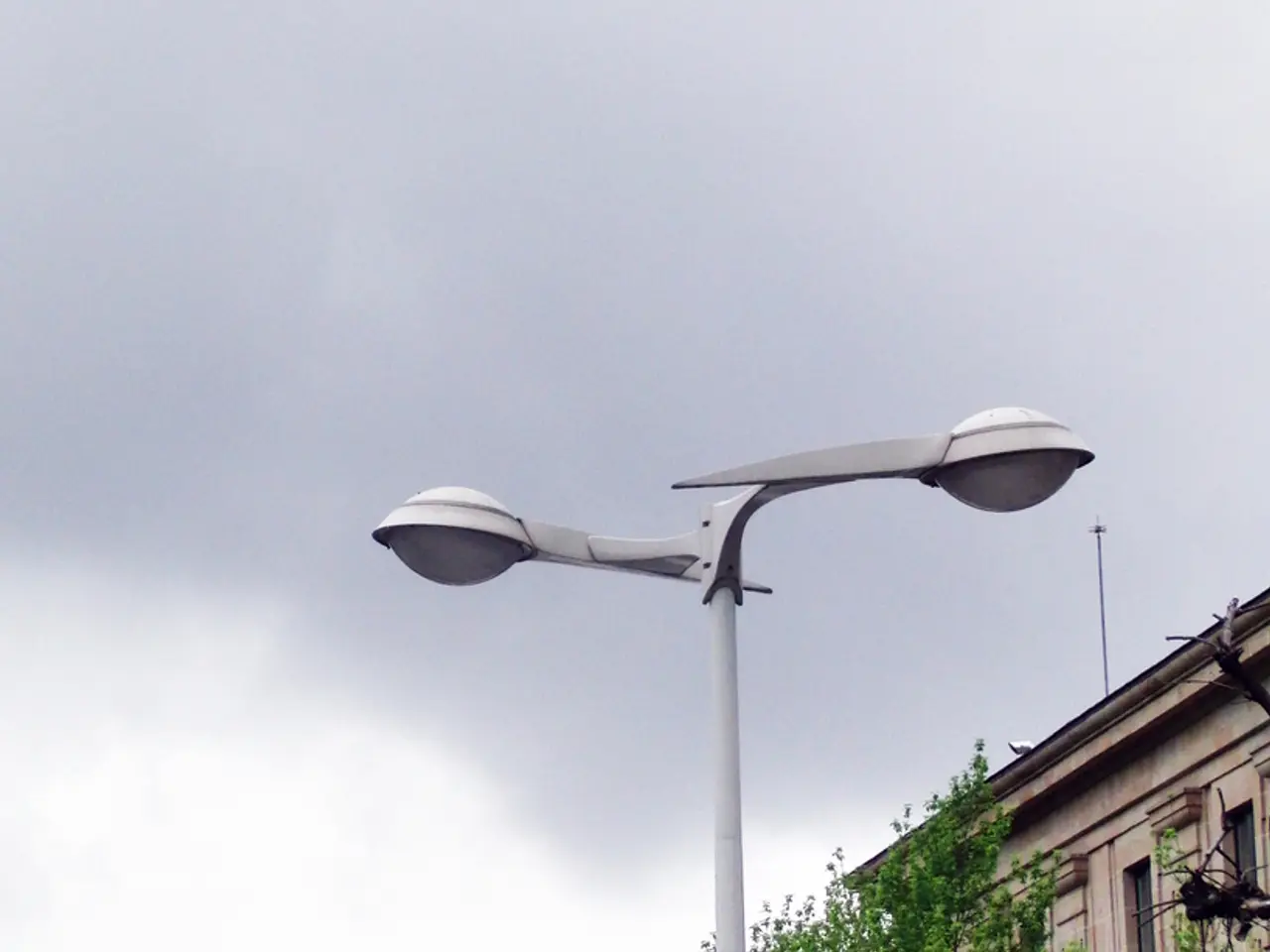Wildfires in Canada producing harmful air quality spreads across significant portions of the Midwest
Smoke from Canadian Wildfires Causes Poor Air Quality in Midwest and Northeast
The Midwest and Northeastern U.S. are currently experiencing poor to unhealthy Air Quality Index (AQI) levels due to smoke from extensive Canadian wildfires.
The smoke has affected several states, including Minnesota, Wisconsin, Michigan, New York, Pennsylvania, Delaware, and several in New England (Maine, Massachusetts, Connecticut, Rhode Island, New Hampshire, Vermont). The high AQI values, often exceeding 150 (unhealthy for all), have led to official health advisories and air quality alerts.
In the affected areas, the AQI has ranged from Unhealthy to Very Unhealthy levels. Cities such as Minneapolis, New York City, Philadelphia, and Boston have faced unhealthy air quality alerts.
The poor air quality is due to the smoke intrusion driven by meteorological conditions such as high-pressure systems pushing smoke down from higher altitudes. This smoke has even reached Europe, showcasing the vast scale of these wildfires.
Health advice from the U.S. Environmental Protection Agency and health authorities includes staying indoors, keeping windows closed, using HVAC systems in recirculation mode, avoiding outdoor exercise, and wearing N95 masks if outdoor exposure is unavoidable. Sensitive groups—children, elderly, pregnant individuals, and those with respiratory conditions—should be particularly cautious.
Joe Strus, meteorologist with the National Weather Service, stated that the air quality has been poor for several days due to prolonged smoke particulates. Predictions indicate that smoke levels will remain elevated through at least August 4–5, 2025, with improvements gradual as fire activity persists and weather patterns shift.
The city of Minneapolis has some of the worst air pollution in the world since Friday, according to the Switzerland-based air quality monitoring database IQAir. State health officials warn that conditions could remain unhealthy for sensitive groups through Monday.
To mitigate the effects, health officials recommend avoiding burning things that could make the air pollution worse and keeping windows and doors closed. Air quality alerts are in effect in the mentioned states.
The EPA's Air Quality Index converts all pollutant levels into a single number. The lower the number, the better. AQI is a system used to communicate how much air pollution is in the air, with six categories and colours, ranging from "good" to "hazardous". Anything between 100-150 on the EPA's Air Quality Index is unhealthy for "sensitive groups." Anything above 150 is bad for everyone.
Canadian environmental officials predict that the smoke from the forest fires will persist into Sunday for some areas. The smoky skies are expected to remain for much of the day. Joe Strus, meteorologist with the National Weather Service, expressed hope for improved atmospheric winds to disperse the smoke in the next few days.
People with lung disease, heart disease, children, older adults, pregnant women, and sensitive groups are most susceptible to the poor breathing conditions. It is advisable for these groups to avoid prolonged exposure to smoke and limit strenuous activities.
- The ongoing wildfires in Canada have influenced the climate, leading to poor air quality that has spread to the Midwest and Northeast U.S, affecting cities like Seattle.
- The environmental science community is closely monitoring the climate-change impacts of these wildfires, as the smoke from them has even reached Europe.
- The poor air quality in affected areas has raised concerns in the field of environmental-science, with the EPA's Air Quality Index showing unhealthy levels for all, especially sensitive groups.
- To combat the effects of wildfire smoke on health, scientists recommend adopting weather-appropriate measures, such as staying indoors, keeping windows closed, and using air purification systems.







